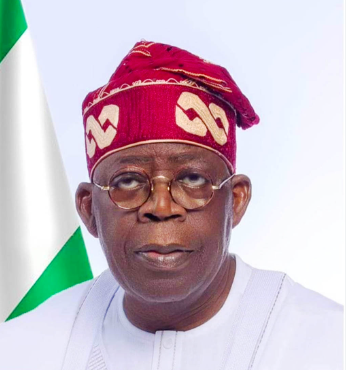President raises alarm over potential breach of public finance protocols.
President Bola Ahmed Tinubu has declined assent to the National Drug Law Enforcement Agency (NDLEA) Amendment Bill, 2025, citing constitutional and transparency concerns.
The bill, passed by the National Assembly earlier this year, sought to empower the NDLEA to retain a portion of funds and assets recovered from drug-related crimes to support its operations. Proponents of the bill argued that this measure would strengthen the agency’s operational capacity and reduce its dependence on annual government appropriations.
However, in a communication to the National Assembly dated June 26, 2025, President Tinubu rejected the proposed amendment, citing its inconsistency with Section 58(4) of the 1999 Constitution (as amended). He noted that allowing the agency to independently manage seized proceeds would contravene existing fiscal regulations, which mandate that all revenues and recovered funds be deposited into the Federation Account or a constitutionally recognized fund subject to oversight by the executive and the legislature.
The President also raised concerns about transparency and the risk of financial mismanagement. “While the intent of the bill may be noble, it opens room for financial abuse and undermines institutional checks and balances,” the communication reportedly stated.
Supporters of the bill argue that the NDLEA, given its increasing role in combatting drug trafficking and organized crime, needs greater financial autonomy to swiftly respond to emerging threats. Critics, however, caution that such autonomy could lead to unmonitored spending and weaken oversight mechanisms, potentially creating avenues for corruption.
The NDLEA, established in 1989 by Decree No. 48 (now an Act of Parliament), is Nigeria’s primary agency for combating drug trafficking and abuse. Under the current framework, all assets seized in drug operations are forfeited to the federal government and managed under the directives of the courts and relevant agencies.
With this presidential rejection, the future of the NDLEA funding reform now rests with lawmakers, who may choose to revise the bill or seek a two-thirds majority in both chambers to override the president’s decision.


